Sexuality or Affliction: Which Poses a Greater Threat to World Peace?
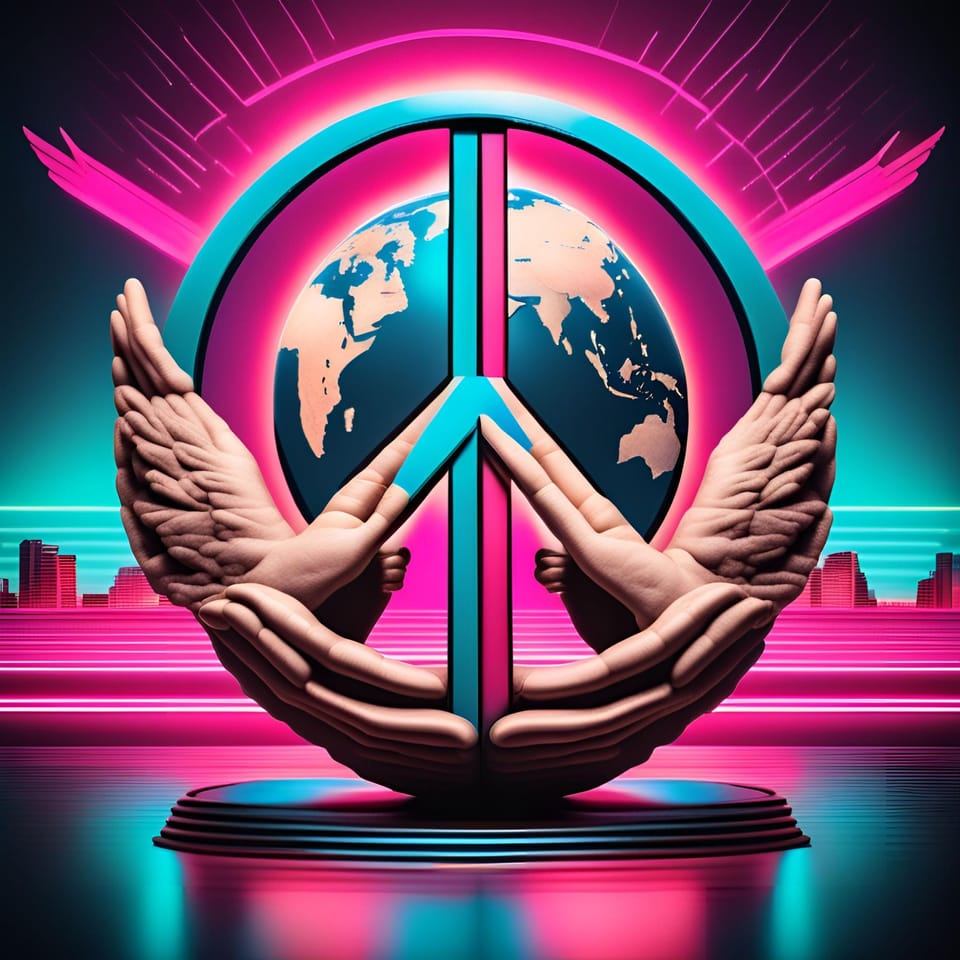
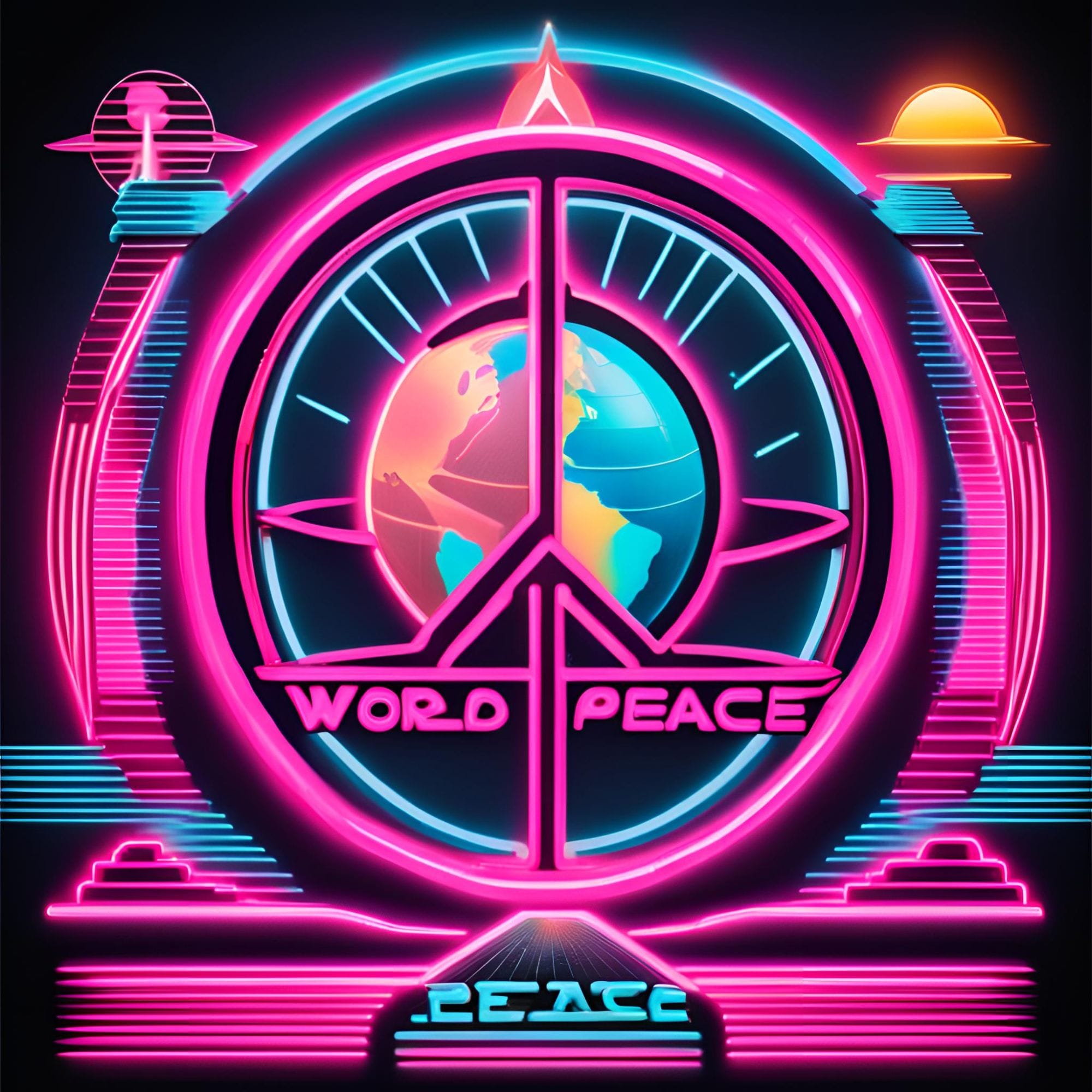


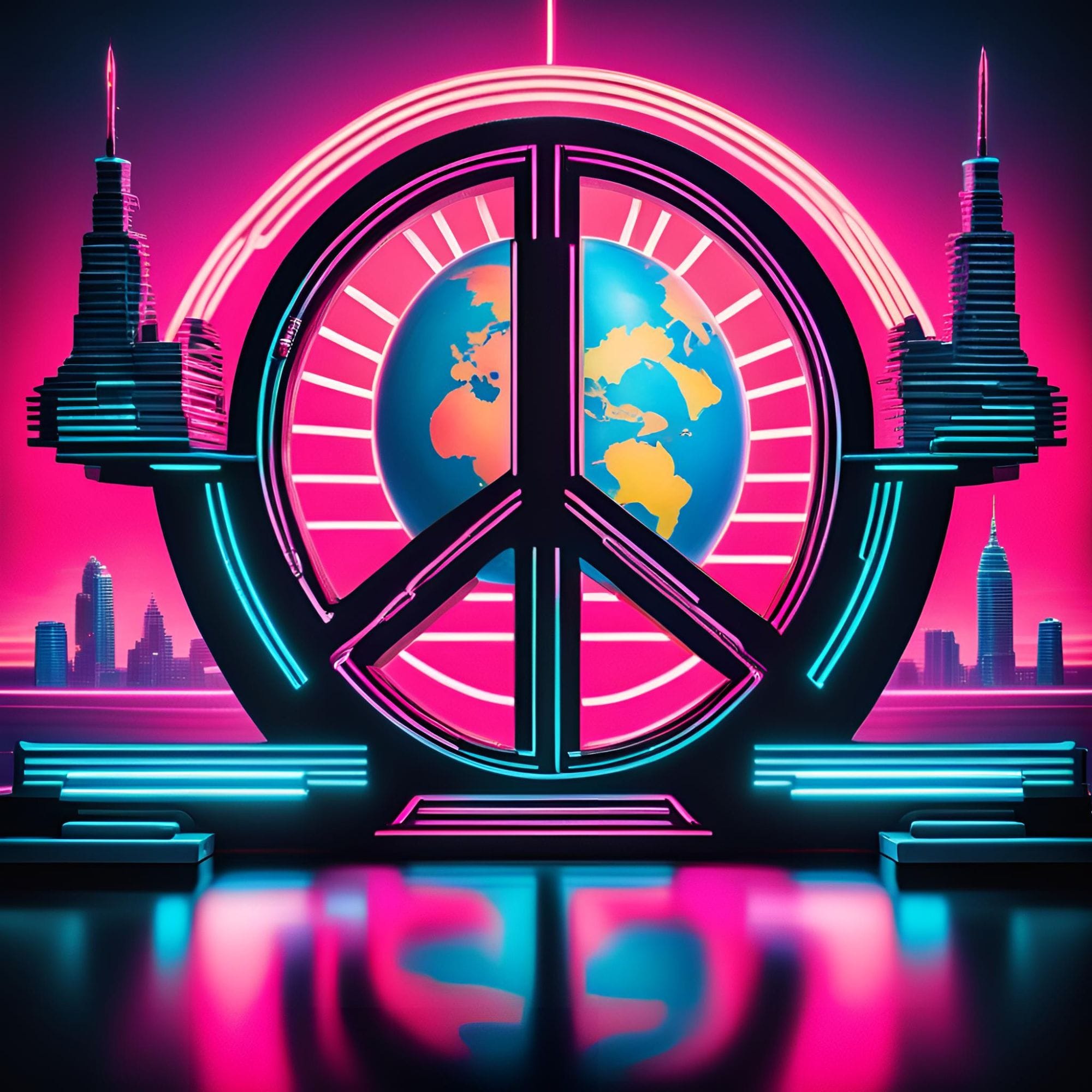
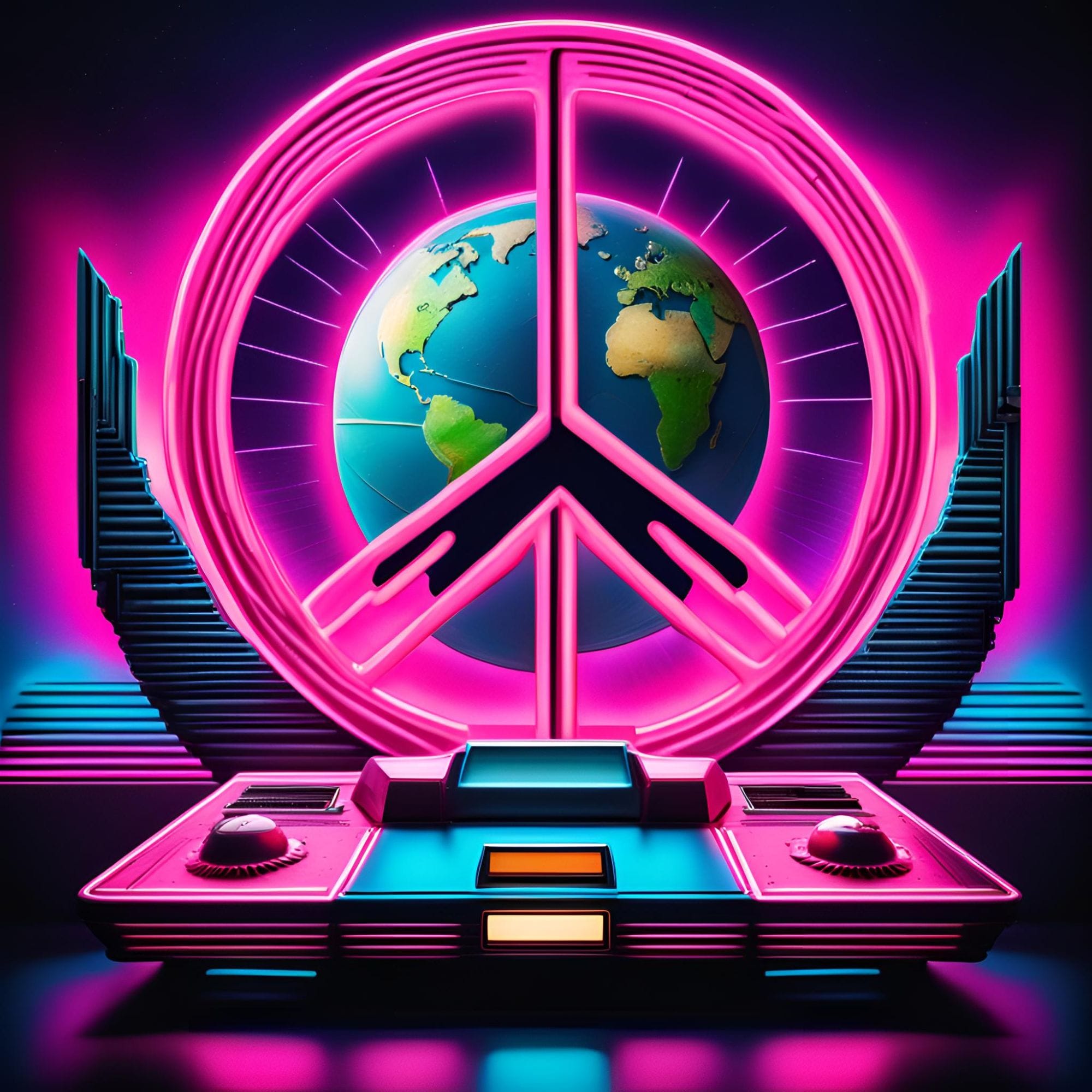
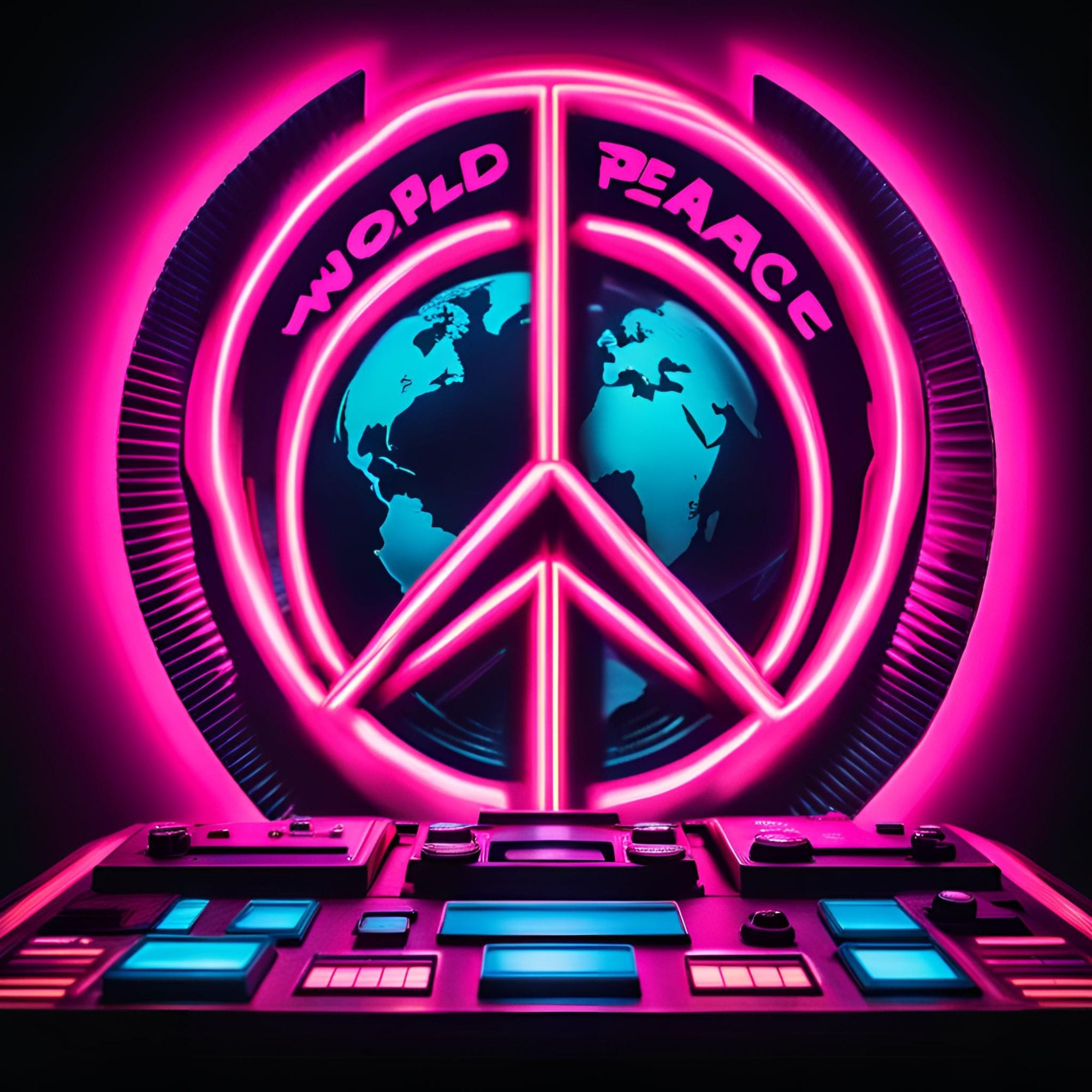



buymeacoffee.com coming soon..
Introduction
The quest for world peace is an age-old aspiration that has eluded humanity for centuries. While numerous factors contribute to global unrest, two significant elements often come under scrutiny: sexuality and affliction. Both profoundly impact societal dynamics, yet their influence on world peace is complex and multifaceted. This article aims to explore whether sexuality or affliction poses a greater challenge to global harmony.
Sexuality encompasses a broad spectrum of identities, orientations, and expressions. It is deeply interwoven with cultural norms, religious beliefs, and individual rights. As societies evolve, the acceptance and understanding of diverse sexualities have become pivotal in the discourse on human rights and social justice. However, differing perspectives can lead to friction, intolerance, and even violence, challenging the fabric of peace.
On the other hand, affliction refers to the various forms of suffering that plague humanity, such as war, poverty, and health crises. These issues have historically been sources of large-scale turmoil, displacing populations, destabilizing governments, and precipitating ongoing cycles of conflict. The human cost of affliction is immense, with millions affected by the dire consequences of these pervasive problems.
In this article, we will delve into the impacts of both sexuality and affliction on world peace. By examining cultural differences, human rights, and global movements related to sexuality, alongside the devastating effects of war, poverty, and health crises, we aim to provide a comparative analysis. Understanding the historical context and current challenges will help us identify potential solutions and pathways to a more peaceful world. The ultimate question remains: which poses a greater threat to world peace—sexuality or affliction?
Sexuality and Its Impact on World Peace
Cultural Differences and Tolerance
Sexuality is an intrinsic aspect of human identity, yet it is one that is often enmeshed with cultural, religious, and societal norms. These norms can vary significantly across different regions and communities, leading to varying degrees of acceptance and tolerance. In some societies, sexual diversity is embraced and celebrated, while in others, it is met with resistance, discrimination, and even violence. This variance can lead to tensions both within and between nations.
For example, Western countries have progressively moved towards greater acceptance of LGBTQ+ rights, while many nations in the Middle East, Africa, and Asia maintain conservative views on sexuality. This dichotomy can cause friction in international relations, especially when global institutions advocate for universal human rights that include sexual freedoms. Cultural differences in the perception and treatment of sexuality can thus become flashpoints for conflict, potentially destabilizing efforts towards world peace.
Sexual Rights and Human Rights
The intersection of sexual rights and human rights is another critical dimension in understanding the impact of sexuality on world peace. Sexual rights encompass the right to express one's sexuality freely, to engage in consensual sexual relationships, and to be protected from sexual violence and discrimination. These rights are integral to human dignity and autonomy.
However, the implementation and recognition of these rights can be contentious. Many international human rights organizations advocate for the inclusion of sexual rights within the broader framework of human rights, arguing that denying these rights fuels oppression and conflict. On the other hand, some countries resist this inclusion, citing cultural, religious, or moral objections. This resistance not only hinders the global human rights agenda but also perpetuates social inequalities and unrest, thereby compromising world peace.
LGBTQ+ Movements and Global Reactions
The rise of LGBTQ+ movements worldwide has been both a beacon of progress and a source of contention. In many Western countries, these movements have achieved significant milestones, such as marriage equality, anti-discrimination laws, and broader societal acceptance. These achievements are often viewed as markers of social progress and human rights advancements.
However, these movements have also sparked backlash in various parts of the world. In some regions, LGBTQ+ activism is met with severe repression, legal penalties, and violence. Governments in countries like Russia, Uganda, and Saudi Arabia have enacted stringent laws that criminalize same-sex relationships and curb LGBTQ+ activism. Such measures not only infringe on individual freedoms but also exacerbate social divisions and conflict.
The global reaction to LGBTQ+ movements highlights the complex relationship between sexuality and world peace. While the movements advocate for equality and justice, the resistance they encounter underscores the deep-seated prejudices and cultural divides that can hinder global harmony. Efforts to promote world peace must therefore address these divides, fostering dialogue, understanding, and respect for diverse sexual identities.
In conclusion, sexuality profoundly impacts world peace through cultural differences, the struggle for sexual rights, and the global reactions to LGBTQ+ movements. Addressing these issues requires a nuanced approach that respects cultural contexts while upholding the fundamental principles of human rights and dignity. Only by bridging these divides can we hope to create a more peaceful and inclusive world.
Affliction and Its Impact on World Peace
World peace is an intricately woven fabric, often frayed by various forms of affliction. These afflictions, ranging from war and conflict to poverty and health crises, create a ripple effect that destabilizes societies and disrupts global harmony. This section delves into the multifaceted nature of affliction and its profound impact on world peace.
War and Conflict
War and conflict are perhaps the most overt and devastating forms of affliction. They wreak havoc on nations, displacing populations, destroying infrastructure, and creating a climate of fear and instability. Prolonged conflicts, such as those seen in the Middle East, Africa, and parts of Asia, can lead to generational trauma and a perpetual cycle of violence. The economic toll is staggering, diverting resources from development to defense, and stunting growth and progress. Moreover, the human cost is immeasurable, with countless lives lost, families torn apart, and communities shattered.
The geopolitical ramifications are equally severe. International relations are strained as countries take sides, often leading to proxy wars that further entrench divisions. The global arms trade flourishes in such environments, perpetuating cycles of violence and undermining efforts towards disarmament and peace. In essence, war and conflict not only destroy physical entities but also erode the very fabric of global cooperation and unity.
Poverty and Inequality
Poverty and inequality are insidious forms of affliction that undermine world peace by fostering environments of discontent and desperation. When vast segments of the population are deprived of basic needs such as food, clean water, education, and healthcare, the resultant socio-economic disparities can lead to social unrest. Marginalized groups may resort to violence as a means of expression or survival, further destabilizing regions.
Economic inequality also exacerbates tensions between nations. Wealthy countries may exploit poorer ones, leading to neo-colonial dynamics that breed resentment and hostility. Trade imbalances, debt crises, and unfair labor practices contribute to a global system where peace is compromised by economic exploitation and injustice. Furthermore, poverty can be a breeding ground for radical ideologies and terrorist activities, as disenfranchised individuals seek radical solutions to their plight.
Health Crises and Pandemics
Health crises and pandemics are another form of affliction that can have far-reaching impacts on world peace. The COVID-19 pandemic is a stark reminder of how a health crisis can transcend borders, affecting every aspect of life. The strain on healthcare systems, the loss of lives, and the economic downturns have created a global environment of uncertainty and fear.
Pandemics can exacerbate existing inequalities, as vulnerable populations often bear the brunt of the impact. Access to vaccines, treatments, and healthcare is uneven, leading to further marginalization of already disadvantaged groups. This inequity can fuel distrust in governments and international bodies, undermining efforts to foster global solidarity and cooperation.
Moreover, health crises can lead to xenophobia and scapegoating, as seen in the rise of anti-Asian sentiments during the COVID-19 pandemic. Such social divisions weaken the collective human effort needed to combat global challenges, creating rifts that hinder the quest for world peace.
In conclusion, affliction in its various forms—war and conflict, poverty and inequality, and health crises—poses significant threats to world peace. The interconnected nature of these afflictions means that addressing one often requires a holistic approach that considers the broader socio-economic and geopolitical landscape. As we move forward, it is imperative to recognize and mitigate these afflictions to pave the way for a more peaceful and equitable world.
Comparative Analysis: Sexuality vs Affliction
In examining the influences of sexuality and affliction on world peace, it becomes essential to analyze their historical, current, and potential future impacts. This comparative analysis sheds light on how these two facets intersect with global stability and conflict.
Historical Context
Historically, both sexuality and affliction have played significant roles in shaping societies and their relationships. Sexuality, often dictated by cultural and religious norms, has been a source of both unity and division. For example, the acceptance or persecution of LGBTQ+ communities has varied widely across different eras and regions, affecting social cohesion and human rights movements.
Affliction, encompassing war, poverty, and health crises, has been a perennial disruptor of peace. Wars, from ancient conflicts to modern-day battles, have been fought over resources, territorial disputes, and ideological differences, leaving lasting scars on societies. Poverty and inequality have fueled unrest and revolutions, while pandemics and health crises have often led to social upheaval and economic instability.
Current Global Challenges
In the modern world, both sexuality and affliction continue to present significant challenges to global peace. Sexuality, particularly issues surrounding LGBTQ+ rights, remains contentious. While many nations have made strides towards greater acceptance and legal protections, others continue to criminalize and marginalize these communities. This disparity leads to international tensions and highlights the ongoing struggle for universal human rights and dignity.
Affliction, in its various forms, remains a pressing concern. Conflict zones around the world, from the Middle East to parts of Africa, are ravaged by war and violence, displacing millions and creating humanitarian crises. Poverty and economic inequality have worsened in many regions due to globalization and political instability, leading to migration crises and social tension. Health crises, such as the COVID-19 pandemic, have demonstrated how quickly affliction can spread and disrupt global order, exacerbating existing inequalities and straining international relations.
Potential Solutions and Pathways to Peace
Addressing the impacts of sexuality and affliction on world peace requires multifaceted solutions that consider both immediate relief and long-term structural changes. For sexuality, fostering global tolerance and respect for diversity is crucial. This can be achieved through international cooperation, education, and policies that promote human rights and protect vulnerable communities. Encouraging dialogue and understanding across cultures can help bridge divides and create a more inclusive world.
Combating affliction involves addressing the root causes of conflict, poverty, and health crises. This includes promoting economic development, ensuring access to education and healthcare, and supporting conflict resolution and peacebuilding initiatives. International organizations and governments must work together to create sustainable solutions that address both the symptoms and underlying causes of affliction.
In conclusion, while both sexuality and affliction present unique challenges to world peace, they also offer opportunities for progress and unity. By understanding their historical contexts, addressing current challenges, and implementing comprehensive solutions, we can work towards a more peaceful and equitable world.
Conclusion
In examining the complex interplay between sexuality and affliction and their respective impacts on world peace, it becomes evident that both domains present unique challenges and opportunities. Sexuality, encompassing issues such as cultural differences, sexual rights, and the global LGBTQ+ movements, highlights the importance of tolerance, inclusivity, and respect for human rights. These elements are foundational to fostering peaceful coexistence in an increasingly interconnected world.
On the other hand, affliction in the form of war, poverty, inequality, and health crises underscores the urgent need for global solidarity, resource allocation, and systemic change. These afflictions disrupt societies, exacerbate vulnerabilities, and fuel conflicts that can have far-reaching consequences on global stability.
Our comparative analysis reveals that while sexuality-related issues often hinge on social and cultural acceptance, afflictions demand immediate and concerted efforts to address tangible suffering and systemic injustices. Historically, both sexuality and affliction have shaped the global landscape, influencing policies, movements, and international relations.
Currently, the world faces profound challenges in both realms. The ongoing struggle for LGBTQ+ rights and recognition continues to evoke diverse reactions across different cultures, requiring persistent advocacy and dialogue to bridge gaps in understanding and acceptance. Simultaneously, global afflictions such as pandemics and economic inequalities call for robust and coordinated actions to mitigate their impacts and build resilient societies.
Potential solutions to these challenges lie in a multi-faceted approach that prioritizes education, empathy, and equitable resource distribution. Promoting comprehensive sex education, safeguarding human rights, and fostering inclusive policies can pave the way for a more tolerant world. Concurrently, addressing the root causes of affliction through sustainable development, healthcare access, and conflict resolution can lead to a more peaceful global environment.
In conclusion, both sexuality and affliction pose significant yet distinct challenges to world peace. Addressing these issues requires a holistic understanding and a commitment to fostering a world where diversity is celebrated, human rights are upheld, and afflictions are met with compassion and decisive action. Only through such an integrated approach can we hope to achieve lasting peace and global harmony.






Member discussion